At the age of twenty-three, Deborah McCracken-Nangereke left Toronto for Tanzania and never looked back. She founded the Olive Branch for Children, started a family together with six vulnerable children, and established what would become the Olive Branch’s foundational programming – providing home-based care to individuals living with HIV. Today, Deborah and her husband Putiyei are Mom and Dad to close to 50 children at their Zion home in Uyole and the Olive Branch services thousands of Tanzanians living in some of the country’s most remote regions, providing much needed home based health care, food support, micro financing and primary education. I was a guest at the Zion home for a month in March as part of the inaugural Camp Olive Branch International, a cross-cultural learning opportunity for secondary school students from Tanzania and abroad. I cannot thank Deborah and her beautiful family enough for their hospitality.
Of the few Swahili greetings and phrases I picked up during my time in Tanzania, the word pole is by far my favourite. It is one of those beautiful words that lack a straightforward English counterpart, whose meaning exists elsewhere in the world. Loosely translated, pole means, “I empathize with you”. It is not to be confused with ‘sorry’ in the way we Canadians like to overuse. Rather, pole is to acknowledge someone’s struggle when you are not necessarily the cause. You might use it when walking past a woman balancing an impossibly large sack of potatoes on her head, or a man bent over double in the hot sun farming rice. I guess you could say pole is an expression of solidarity and respect. You could also say that, during my time in Tanzania, my heart filled with a whole lot of it.
***
After a brief survey of the white-faced majority waiting at the gate to board the next flight to Kilimanjaro, I guessed about a third of were going to climb Mount Kili, a third were going on safari, and a the rest had plans to save Africa.
Voluntourism has evolved into somewhat of a dirty word in my line of work – the convenient marriage of travel and volunteering, intended to layer meaning onto an international experience. Many of these trips can be problematic when they position young, largely unskilled, Western youth as the solution to incredibly complex, sociocultural issues. Build a school. Visit an orphanage. Volunteer at a medical clinic. While there is little doubt that these short-term trips, soaked in benevolence and good intentions, provide Western youth with an experience of a lifetime, they often also work to disenfranchise the very communities they set out to assist.
So what was I doing, then, sitting among the other do-gooders in the departure lounge, Tanzania-bound with eight Toronto high school students in tow? I hoped this was going to be different. I hoped that we were going to learn from each other.
***
“How do we appreciate culture without consuming it?” Deborah asked.
The question rattled around the cement walls of the dinning hall, bouncing off eighteen youth quietly trying to acclimatize to each other. Our Canadian students sat with their Tanzanian peers reading Naomi Lanor Leleto Kanyinke’s personal narrative on Maasai tourism in East Africa. Morning light streamed in through the open window and Hulk and Batman lay at our feet, recovering from their late night escapades in the village. Doggie Fight Club.
We were greeted the day before at the Zion home with singing and dancing and an impromptu game of ultimate Frisbee. Adrenaline had carried most of the group through until dinner, before finally betraying us around 8 PM with an epic crash. Time travelling is never easy.
Over the course of the next seventeen days, these youth would do everything together. They ate, slept, and helped with chores. They discussed culture and gender and inequality. They relied on each other to complete projects designed to deepen their understanding of the surrounding area. They threw dance parties before dinner, refused to wear hats and sunscreen, and gave me a glimpse into the world of parenting a teenager.
***
The wasee filed in one by one, slowly choosing a seat in the plastic chairs arranged around the edges of the tiny cement room. I guessed the youngest to be about seventy. Adina wore a black fleece toque with the word JESUS bejeweled across the front. She thought she might be the oldest. Antoni had lost track of his age long ago.
We had come to learn the story of a town called Wambilo, to understand the past in order to better inform future community initiatives. For over an hour, fifteen-year old Shama translated each exchange from English to Swahili and back again (not an easy task) while his partner, Jonathon, scribbled notes in his journal. How old they were when they first went to school. When they were married. The arrival of the first mzungu (a German). Colonization. Taxation. Annihilation. Amalgamation. The first roads and wells, bicycles and cell phones, HIV testing and Pepsi products. A lifetime of stories contained in one unassuming room.
On our way back to the Olive Branch, we swayed and pitched through potholes in the Red Truck. I wondered if the wasee would live to see pavement make its way to Wambilo. I wondered what they would think of it if it did. Red dust stretched out in every direction as we left the tiny cluster of homes behind, the horizon interrupted by only the occasional acacia tree. I closed my eyes and imagined a giant lens zooming out from where I stood until it fit on the same page as the home I knew in Toronto. The Red Truck continued to bounce and balance at impossible angles before finally conceding to a puddle the size of a small crater.
Pole, the passing villagers lamented, before picking up shovels and joining the rescue efforts.
***
On our last evening together at the Olive Branch, we had a talent show. Each pair had prepared something to share with the whole family. They danced, showed videos, photographs and drawings. And then, Reyhan and Esta stood in the same dining hall where we had met seventeen days earlier, jet-lagged and apprehensive, and recited their poem:
Unsure, Uncertain, Unknown
She told us they are amazing
She told us they are loving
She told us they are sweet
We told her we’re unsure
We told her we’re uncertain
We told her they’re unknown
Day 1
Unsure, uncertain, unknown
She asked us if they’re amazing
She asked us if they’re loving
She asked us if they’re sweet
We told her we’re unsure
We told her we’re uncertain
We told her they’re unknown
Day 17
Unsure, uncertain, unknown
She asked us if we’re unsure
She asked us if we’re uncertain
She asked us if they’re unknown
We told her they’re amazing
We told her they’re loving
We told her they’re sweet
We told her we love them.
We told her we can’t say goodbye.
The group spread out down the train tracks, each finding a quiet spot alone with our journals. The clouds were stacked on top of each other in big, voluminous piles, threatening rain as they had everyday for the past three weeks. Uyole Mountain rose in sweeping green terraces in front of us, and children and goats screamed somewhere from behind. Children – there were so many children here.
Suddenly, the train that was never supposed to come blared its horn in the distance. Of course. Just another of the many perils of the world I had been tasked with protecting these adolescents from while away from home. And I had protected them, to varying degrees of success. From sunburns and dehydration. From homesickness and making bad teenage decisions. But I couldn’t protect them from the difficult stories they would hear. From broken hearts and anger at the injustice of the world. I couldn’t protect the kids we had met either, our insta-family of fifty strong that had opened their home and their hearts to us. Kids whose stories’ would overwhelm you with sorrow. They were only five when HIV decimated their parent’s generation. Only eight when they were forced to choose between survival and school. But theirs are not my stories to tell, nor would they be the ones I would choose to share. I would tell you instead about how Shama made me laugh every day with his antics. Or of Winnie’s plans to become a human rights lawyer. Or about how we all shed a tear when it was time to say goodbye.
Inhabiting spaces where unequal power dynamics have been historically and systematically entrenched is never straightforward, yet if we are to begin to tip the scales it is work we must meet head on. I was proud to watch all of our students do just that, and begin to shrink the distance between two worlds in a way that many adults have failed.
Pole may be a Swahili word, but my time in Tanzania gave me hope that solidarity and respect can be universal.

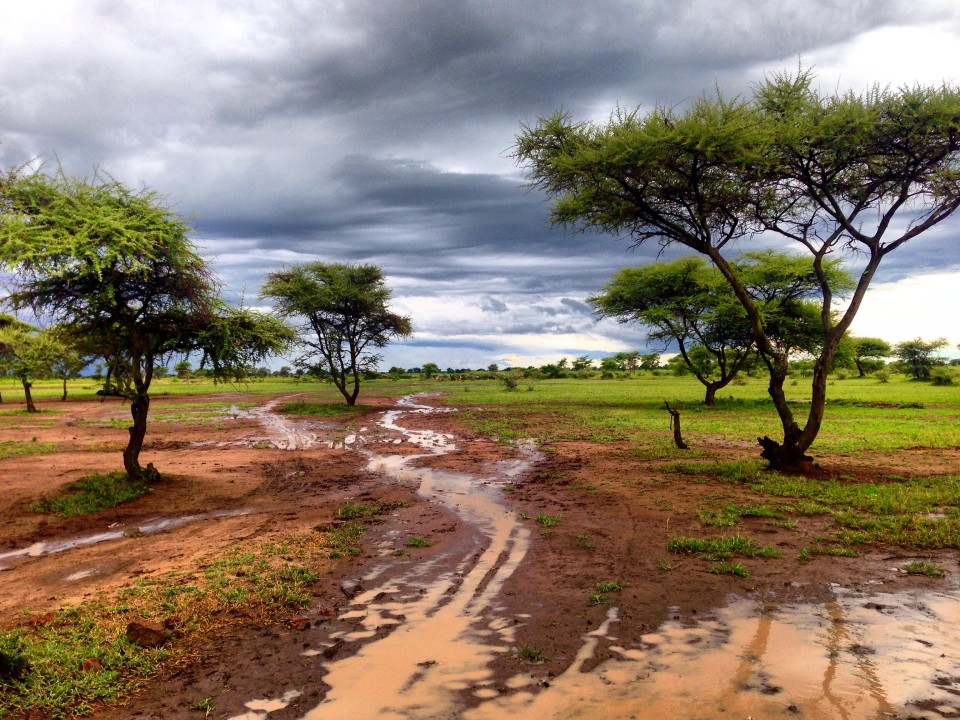
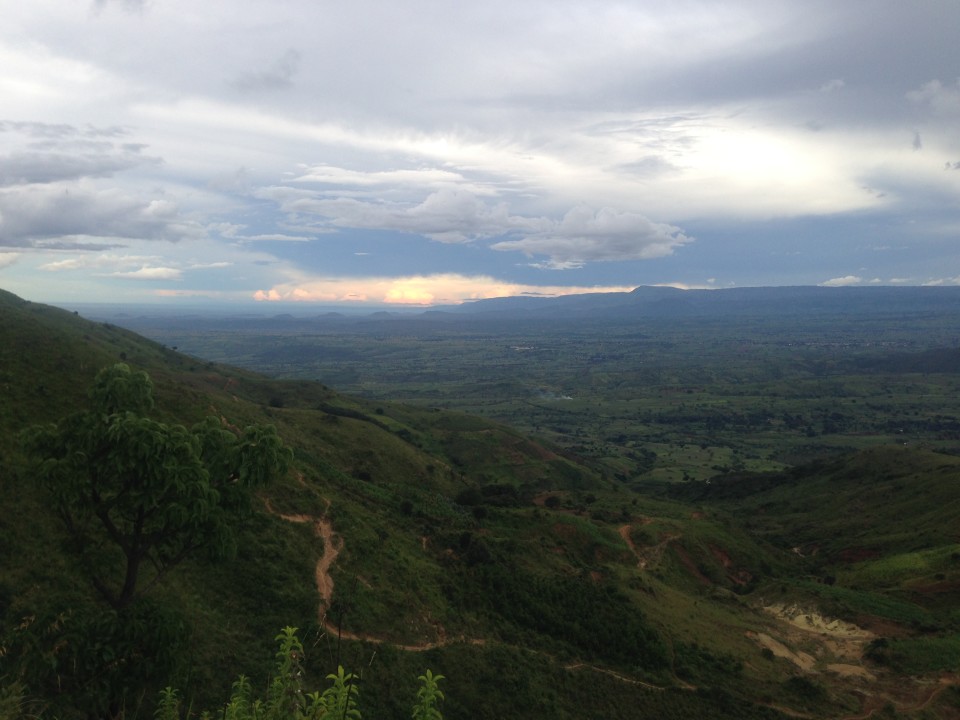
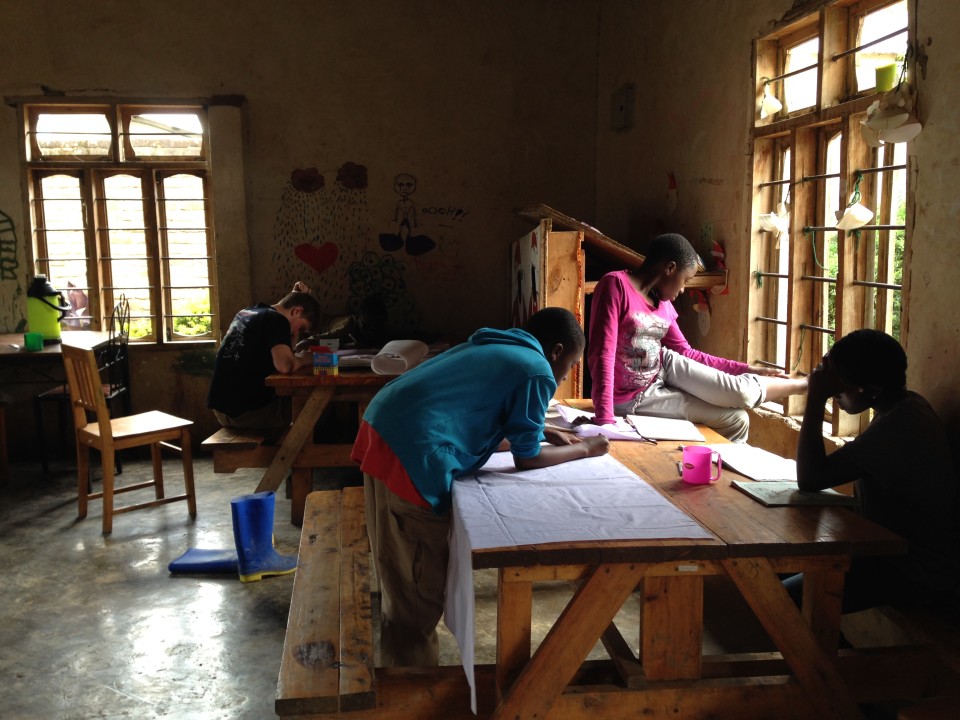
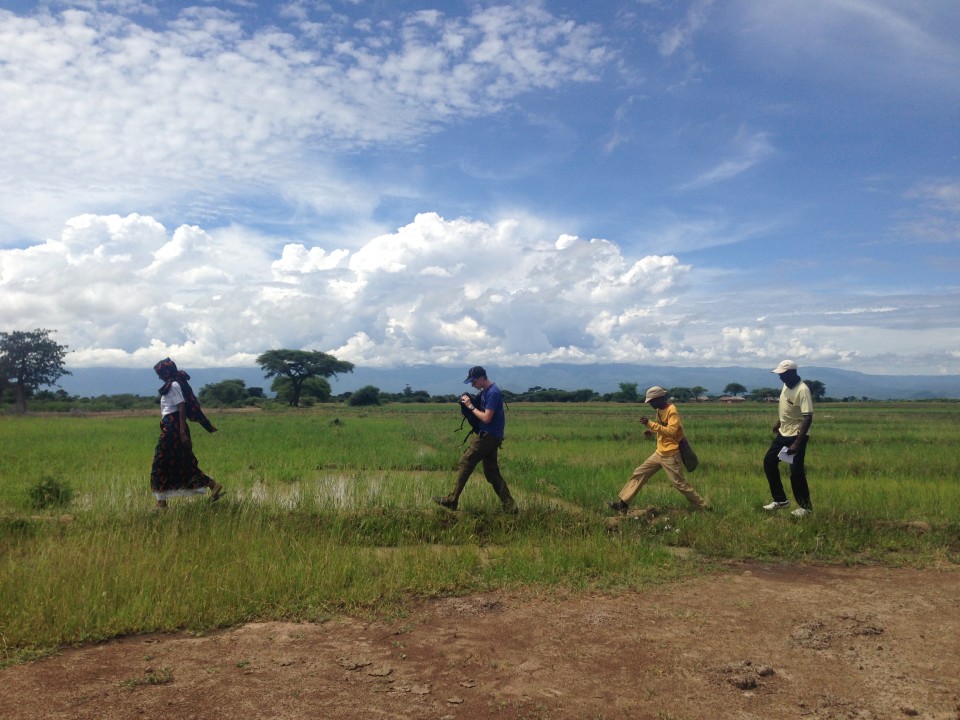
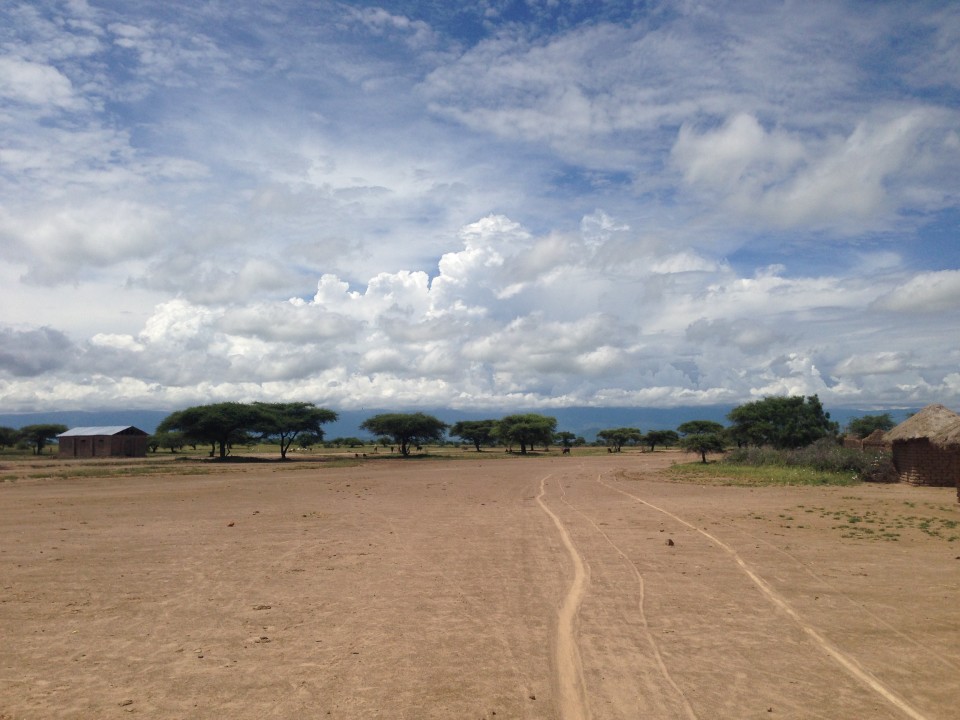
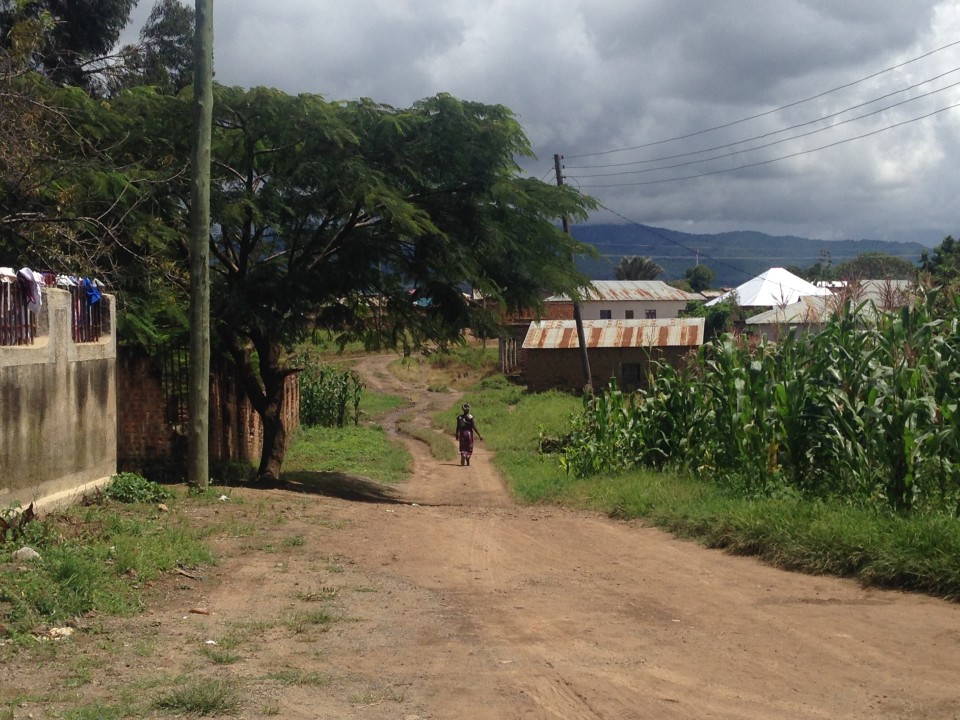

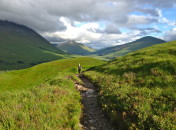
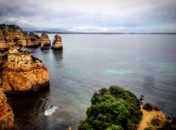
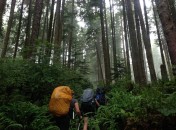
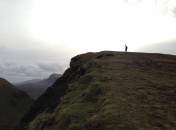

No Comments